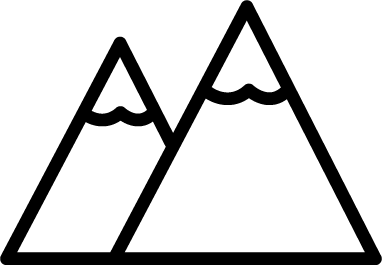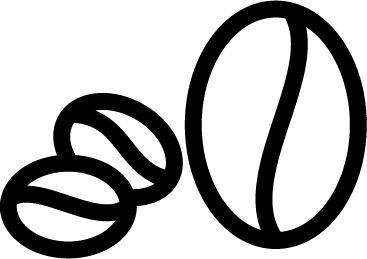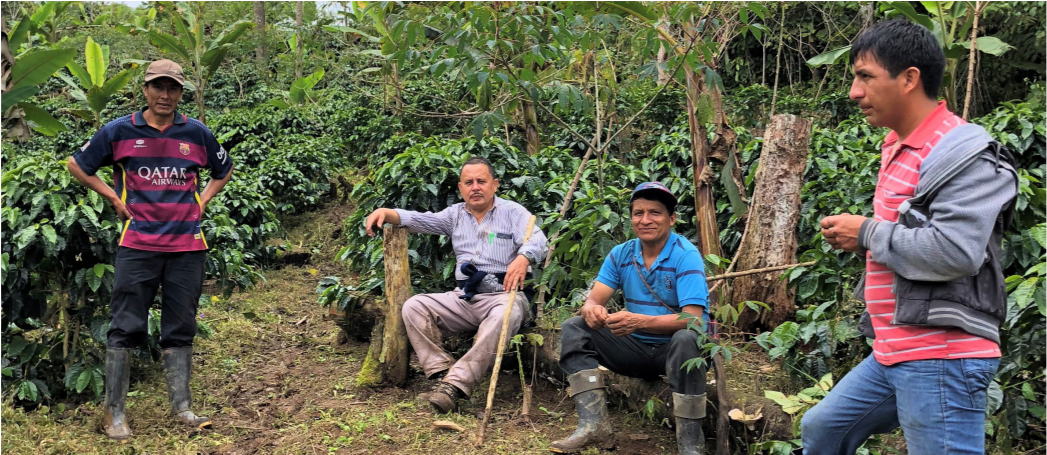The Cooperativa Agraria Frontera San Ignacio was founded in 1969 and has 330 small-growers in 14 communities.
They are located in the Cajamarca Region in Northern Peru where the Rio Canchis splits the country from Ecuador.
The farms are located in the buffer zones of a protected natural area, and have many diverse species of animals within their borders. This means working with an organic methodology and certification is a strategic point because through these standards, a culture of protection of wildlife and species in danger of extension is encouraged and created.
Coffee here is commonly fermented in wooden tanks built from fallen Romerillo trees (regulations prohibit the chopping down of them.) This is because when coffee ferments it generates heat, and the wood is better at dispersing the heat and therefore ensuring an even temperature throughout the fermentation tank, whereas with concrete, heat would be absorbed and stored more easily in the sides, creating differences throughout the batch and inconsistencies in the final cup. Coffee is processed fully washed, and the parchment delivered into the warehouses of the cooperative in San Ignacio town. Each batch is evaluated for physical appearance, tasted at the quality laboratory and separated according to quality and certification. It is then transported to the dry mill in nearby Chiclayo city. The export department is based there as well as another quality control laboratory with well-trained staff each under the control of certified Q grader

ORIGIN
Peru

FARM
El Gallito

ALTITUDE
1,350-1,890 M

PROCESS
Washed

VARIETY
Bourbon, Caturra, Mundo Novo, Typica

TASTING NOTES
Baked apple, caramel, nectarine, peach


